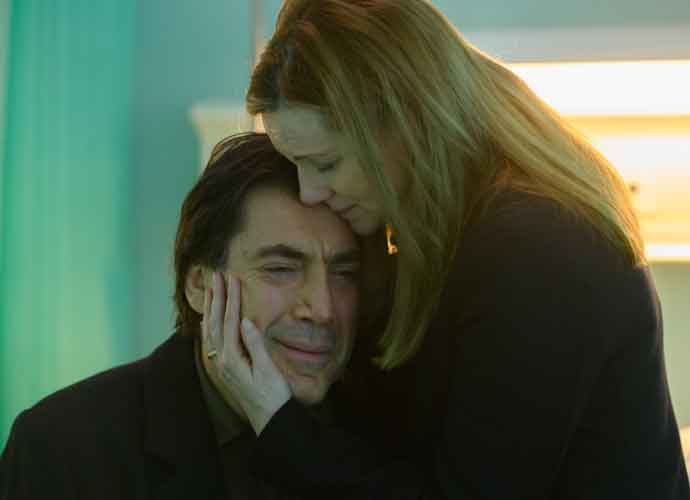‘The Roads Not Taken’ Movie Review: Javier Bardem Holds Together Uneven Drama

2.5/5
As far as film pitches go, the one for The Roads Not Taken must be about as strong as they come. A hallucinatory odyssey helmed by British master Sally Potter? With a cast featuring Javier Bardem, Elle Fanning, Laura Linney and Salma Hayek? If I were a producer, I wouldn’t need much more than that.
Unfortunately, that which looks great on paper doesn’t always make to reality all in one piece. The Roads Not Taken follows Molly (Fanning) as she takes care of her father Leo (Bardem) who seems to struggle with a kind of dementia. Though this is the film’s main story line, much of what happens onscreen is in fact visions — daydreams? memories? — had by Leo as his daughter ferries him around New York City.
While these visions become more poignant as the film moves along, the film’s focal point remains Leo’s relationship with Molly — a relationship so gnawingly one-note that it seems to undo some of the great acting work done by Fanning and Bardem. Fanning is clearly giving her all as Molly, indignantly defending her father against all others and investing herself fully in his wellbeing. Some of her lines, particularly the ones accosting the film’s medical professionals, are iffy at best, but Fanning sells them about as well as they could be.
Of particular note, however, is Bardem. His dementia-stricken Leo is nearly perfect, fluctuating between coherence and confusion at all opportune moments, but the Leo seen in his visions is markedly different but still just as powerful. His Mexico-set vision with Hayek may be a bit too simple in its premise to praise here, but the one set in Greece is marked by a perfect strain of desperation on Bardem’s part.
The movie on the whole does not rise to the standard set by its two main actors. Potter’s script is too cryptic during the bulk of the film’s runtime and too obvious in its conclusion to make up for it. While the camerawork is lowercase-g good, very little in terms of the craft on display feels truly original. Clearly Potter’s considerations as an artist on this project are unique, but the results she comes up with end up being little more than novelty.
This is due, at least in part, to how little we get of Molly’s story. She is given some painfully vague over-the-phone dialogue with her boss, but most of what we see of her character is endless self-sacrifice and little else. Our brief glimpse of Linney as Molly’s mother and Leo’s ex-wife provides little color, as her few lines amount to little more than lazy exposition framed in a “bitter former spouse” context.
The film’s underwhelming finale and brief runtime cause it to ultimately feel like more of a sideshow than a full-fledged feature. Potter is simply too good a filmmaker not to have imbued the movie with a handful of beautiful moments, but the final product is just too wan to live up to them.
RELATED ARTICLES
Get the most-revealing celebrity conversations with the uInterview podcast!





Leave a comment